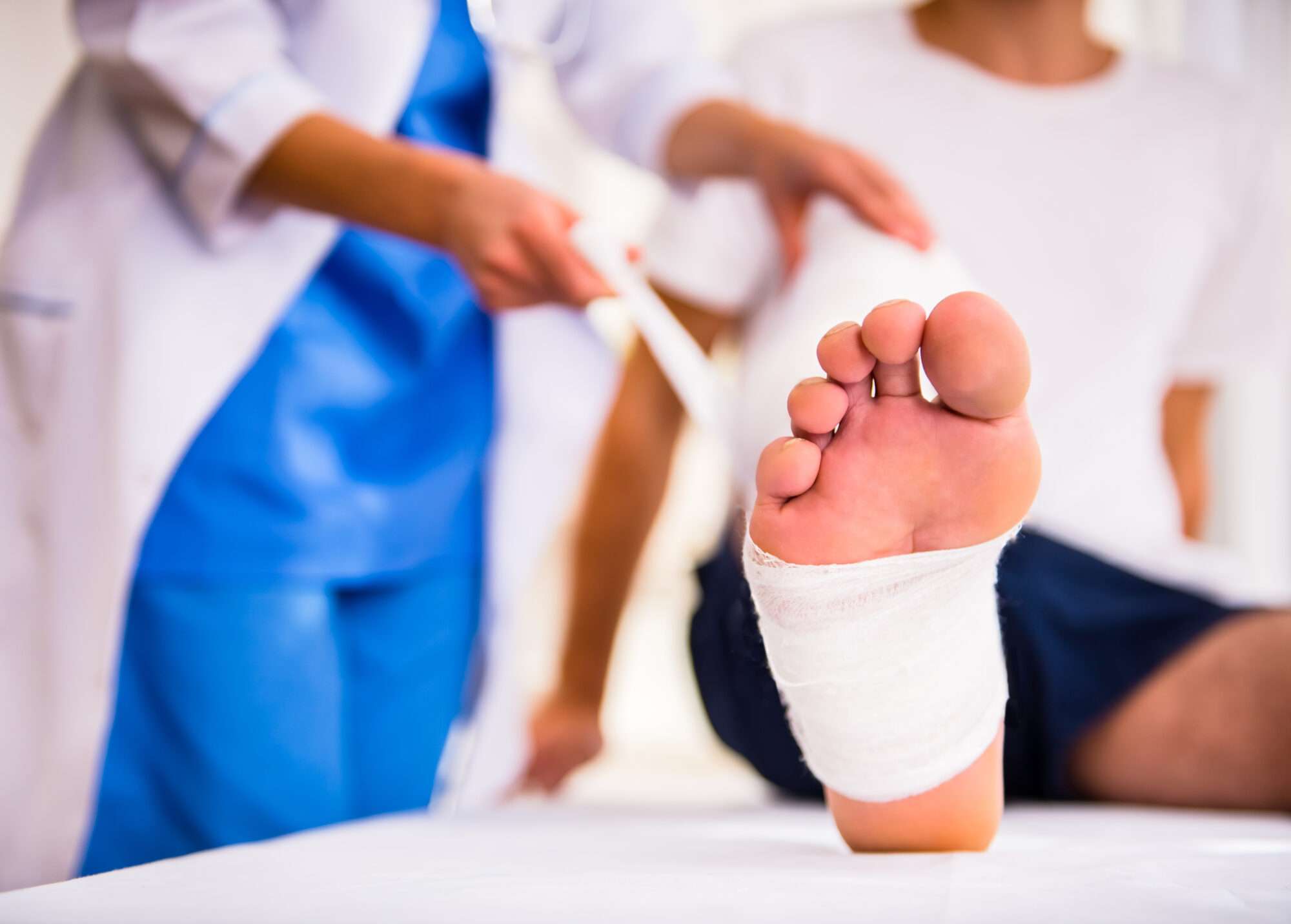What Should I Do if I Am in an Auto Accident?
Did you know that there were over 400,000 auto accidents reported in 2019 and more than 145,000 injuries are due to those crashes?
In today’s world of busyness and electronics, drivers have never been so distracted. It takes less than a second of time to lose control of a vehicle putting you and your family at risk. At a minimum, motorists owe other motorists and pedestrians uninterrupted attention to the road. Sadly, safe and non-distracted driving doesn’t always get the attention it demands and collisions are the result.
Seven steps to take if you or a loved one experiences the devastation of a car accident:
- 1. File A Report. Contact the police so they can make a detailed report about the crash; even if you aren’t instantly feeling injured. Police reports are often essential for insurance companies to determine how to adjust your claim. Interviewing by an investigating Officer will also often help you to think through the events that transpired and show it was a serious crash with serious injuries. A report may also be used as evidence should the at-fault driver deny responsibility at any point in time.
- 2. Get Medical Attention. Your health and safety are the most important things to be addressed when you are in an accident. Start by dialing 911 to get the medical attention needed and use an ambulance to travel to the hospital, if necessary. If your symptoms do not manifest until after you’ve left the scene (a common scenario when the adrenalin rush wears off), make sure you do go to the emergency room to be checked for any injuries. It is critical for a doctor to get you better. Later, it may be equally critical for a medical expert to explain your injuries to a jury. Moreover, if you do not go to the doctor, the insurance company will use that information to take the position you weren’t hurt…or you would have gone to the doctor. Be sure to document your injuries, take photos, and save all paperwork from your doctor’s visits.
- 3. Before Leaving the Scene, Get Insurance Information. If you are able, talk with the other driver to exchange information like name, insurance details, make and model of the vehicle, and license number so that you have what you need when filing an insurance claim. If you are able, ask to see the other driver’s operating license and compare the photo to the person you are facing.
- 4. Take Pictures. With all the emotions and injuries after an automobile accident, this can seem trivial. However, pictures of the scene, pertinent evidence, and your injuries can prove just how bad the accident was and the severity of the damage. By visually capturing the outcome of the accident, the jury will be able to more accurately understand what happened, and this will help you have the harms and losses you have suffered be returned to you. It’s likely a good idea to obtain photos of the insurance and driver’s license information of the other driver as well as the license plate of their vehicle. Do not post any information or images about the collision or your injuries on social media. Social media is often the first thing checked by opposing insurance companies and their lawyers to assess you and your injuries.
- 5. Contact Your Insurance Company. Whether or not you were at fault for an accident, you should inform your insurance company about an accident immediately. Many policies require prompt reporting in order to be able to access certain benefits of your policy. The insurer should be able to walk you through your policy and any other benefits available to you and your passengers. Memorialize the reporting of your accident to your insurer in some manner as well.
- 6. Contact Your Legal Representation. Most assuredly, the insurance company has already consulted with their retained lawyers. You must seek legal counsel sooner rather than later to ensure deadlines are observed and evidence is preserved. Evidence if often altered, becomes stale, and memories quickly fade as time passes following an accident. The longer you go without competent counsel, the more harm you are doing to your case. It is imperative that you contact a legal representative as soon as possible. We can help walk you through the steps needed to ensure the best possible outcome.
- 7. Get The Compensation You Deserve. By following the steps above, you will give yourself the best chance of a fair and just resolution. The harms and losses you and your family have suffered, through no fault of your own, are deserving of compensation.
Contact our legal professionals today to walk you through the essential steps to get you back to a new normal.



